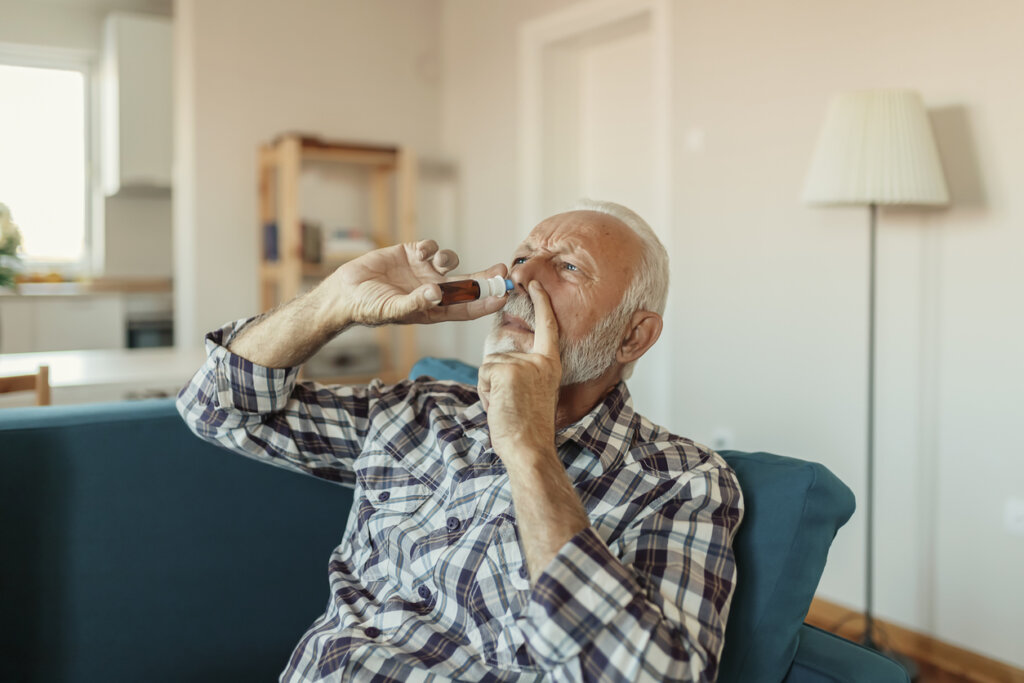Treatment-resistant depression
Treatment-resistant depression (TRD) refers to major depressive disorder that has not responded to standard treatments, such as antidepressants and psychotherapy. For individuals with TRD, these treatments may alleviate symptoms for only a short period of time, or they may not have much of an effect at all.
And many more…





How common is treatment-resistant depression?
While many individuals suffering from depression experience relief from standard treatments, others may continue to have depressive symptoms. Some estimates suggest that up to 30% of people with depression may have treatment-resistant depression. Several factors risk factors include having early onset of depression, experiencing multiple episodes of depression, having other general medical conditions such as heart disease, and having other psychiatric conditions such as anxiety, personality, and substance use disorders. People with a family history of resistant depression may also be at higher risk.



Symptoms of treatment-resistant depression
The symptoms of TRD are similar to those of major depression; in TRD, these symptoms persist despite treatment.
These symptoms can include:
-
Persistent feelings of sadness or emptiness
-
Loss of interest in activities that were once enjoyable
-
Fatigue or low energy
-
Difficulty concentrating and making decisions
-
Changes in sleep patterns
-
Restlessness or feeling slowed down
-
Irritability
-
Recurrent thoughts of death or suicide
-
Feelings of excessive guilt



How is treatment-resistant depression diagnosed?
A diagnosis of TRD may be made when a person with depression has not responded to multiple trials of antidepressant medications or psychotherapy, or has only had partial or temporary improvement.
Before making a diagnosis, your Geode provider will conduct an assessment of your symptoms, medical history, family history of mental health issues, and any external factors that may be contributing to your depression. It is important to talk with your provider about medications or treatments you have tried, how effective they have been, and any side effects you have experienced. Blood tests, imaging studies, and other medical tests may also be conducted to assess if other medical conditions are contributing to depressive symptoms.
Seek help for treatment-resistant depression
If you have not found relief from your depression through medication, therapy, and lifestyle changes, there are still options for you. At Geode Health, our providers are well-versed in treatment-resistant depression and can help you find a treatment that enables you to reach the best outcomes. Find a Geode location near you to get started, or book an appointment online to speak with a provider in just a few days.


If you are in crisis and in need of immediate support
Please call the National Suicide Prevention Lifeline by dialing 988 or text the Crisis Text Line by texting HELLO to 741741



